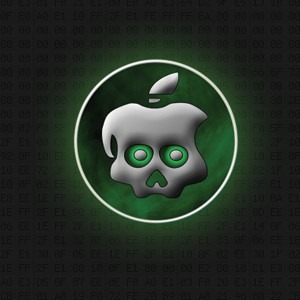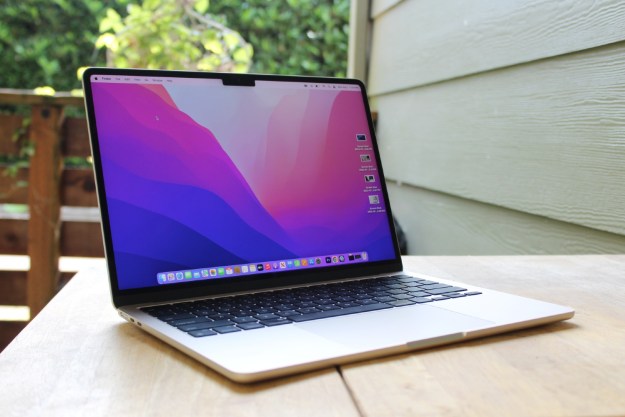
Have a jail broken phone? Make sure to check out our picks for the best jailbreak apps and games.
What we have here is an object lesson that illustrates why iDevice jailbreaking, especially immediately after a new tool is released, can be hazardous to your smartphoning or tablet-using health. Chronic Dev Team released the long-awaited Greenpois0n untethered iOS 4.2.1 jailbreak a couple weeks ago, for both Windows and Mac platforms. The hack came several months after Apple released its latest operating system update, and users kept waiting by the delay flocked to install it.
Now people are discovering that Apple has built a check into the latest iOS that prevents users from accessing DRM-protected ebooks in the company’s iBooks app. Ars Technica reports that attempts to access purchased content in iBooks on a jailbroken device results in an error message pop-up: “There is a problem with the configuration of your iPhone. Please restore with iTunes and reinstall iBooks.”
The methods the devices use to discover the presence of a jailbreak are fairly complex, involving a number of content checks, but the result is what matters. The practice of jailbreaking was ruled as legal last year by the U.S. copyright office, but before you grab your pitchforks and castigate Apple for this potentially illegal jailbreak blockage, consider the fact that there are also the book publisher’s interests to be considered. You can be sure that the iDevice developer isn’t losing any sleep over a few disgruntled jailbreakers, but the iBooks checks are likely in place to appease the company’s business partners.
Not that it’s going to amount to much in the end. As is often the case, the hackers responded quickly. iPhone Dev-Team has already released a fix for this issue.
Editors' Recommendations
- iOS 18 could add a customization feature I’ve waited years for
- How to use your iPhone’s new Journal app in iOS 17.2
- 17 hidden iOS 17 features that you need to know about
- 9 new Apple products that could launch in 2023
- Why I hope Apple makes iOS 17 as boring as possible


